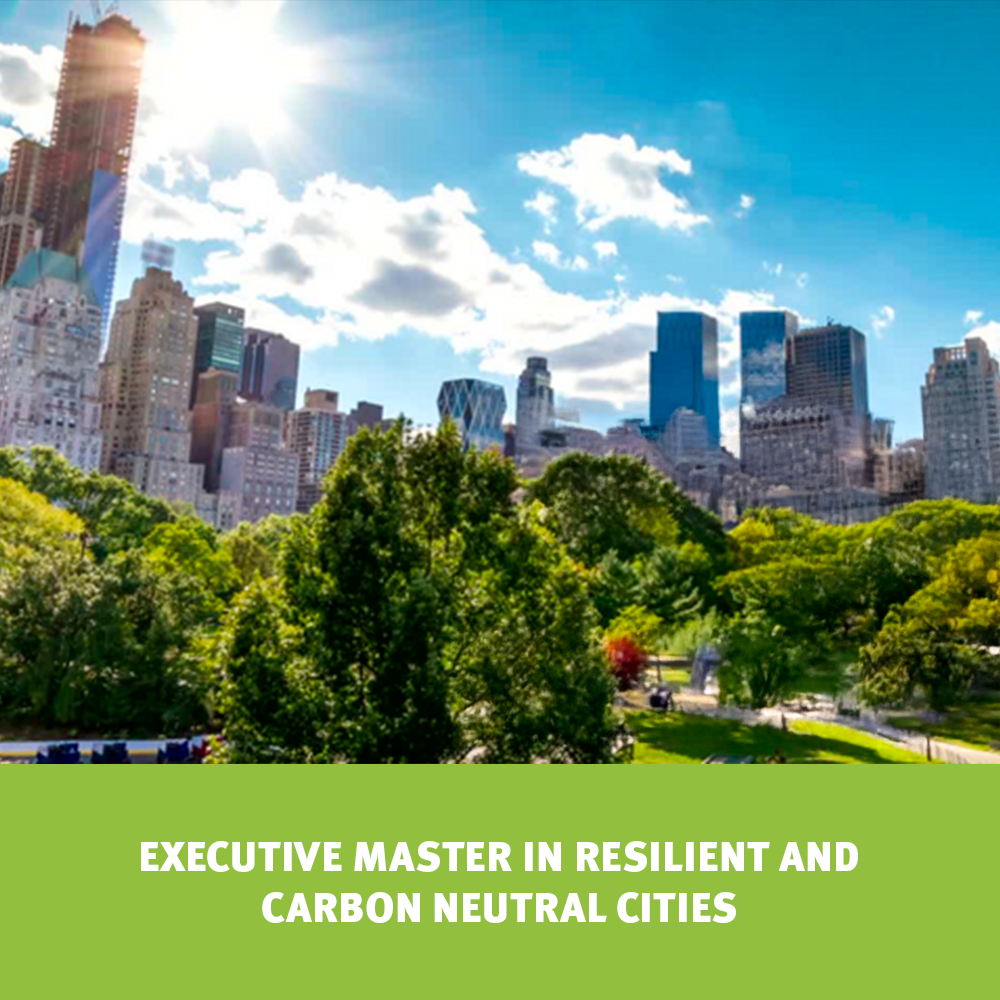- Accueil
- FR
- Étudier
- Offre de formation
- fcschs
-
Partager cette page
Centre de Formation continue en Sciences humaines et sociales Faculté d'Architecture La Cambre Horta FC-755
Executive Master in Resilient and Carbon Neutral Cities
Accéder aux sections de la fiche
Call to actions
-
Intitulé du programmeExecutive Master in Resilient and Carbon Neutral Cities
-
mnémonique du programmeFC-755
-
Programme organisé par
- Centre de Formation continue en Sciences humaines et sociales
- Faculté d'Architecture La Cambre Horta
-
Type de titreformation continue
-
Secteur et domaine d'étudesSciences humaines et sociales/Sciences politiques et sociales
-
Accessible en reprise d'étudesoui
-
Langues d'enseignementanglais
-
Durée de la formationlongue (plus de 15 jours)
-
CampusAutre campus, Online
-
Catégorie / ThématiqueArt - Architecture
-
E-mail de contact
-
Téléphone de contact
-
Renseignements supplémentaires
Présentation
Détails
Informations générales
Type de titreformation continue
Durée de la formationlongue (plus de 15 jours)
Langue(s) d'enseignementanglais
CampusAutre campus, Online
Catégorie(s) - Thématique(s)Art - Architecture
Faculté(s) et université(s) organisatrice(s)- Centre de Formation continue en Sciences humaines et sociales
- Faculté d'Architecture La Cambre Horta
oui
Tarifs- Tarif plein : 2.295,00€
- Tarif réduit pour les professeur.e.s et ancien.ne.s élèves de la Faculté d'Architecture La Cambre Horta (ULB) : 1.795,00€
- Des bourses sont disponibles pour 15 étudiant.e.s de l'ULB : voir détails dans onglet "Calendrier & inscriptions"
Marque d'intérêt

Academic leader and speakers
Academic leader
Didier Vancutsem
Présentation
Objectifs de la formation
While the EU aims to be climate-neutral by 2050 - an objective at the heart of the European Green Deal and in line with the EU’s commitment to global climate action under the Paris Agreement -, this Executive Master intends to:
- describe and develop the levers towards a carbon-neutral and resilient city. These levers are related to all urban systems through needed material and energy, but also related to actions aiming to a better resilience towards climate change.
- design a Climate Carbon-Neutral Strategy allowing to mobilise the entire potentials of the urban system and in particular to reintegrate a dynamic process on the triptical system Social – Environment – Territory.
Les + de la formation
The Executive Master Courses are delivered by high-level experts from different ULB faculties, but also by external experts from international partner universities and European / global organisations, such as UN-Habitat and the European Commission. The Executive Master is contributing to the New European Bauhaus initiative of the European Commission and is acknowledged by the World Urban Campaign of UN-Habitat.
Calendrier & inscriptions
Pré-requis
Admissions are based on applications. Candidates must provide a certificate of completion of a first cycle higher education diploma or proceed to a VAE (validation of acquired experience).
Scholarships are available for ULB students (master level).
Students and PhD students applying for the scholarship will be asked to provide a certificate of completion of a first cycle degree and a confirmation of registration at ULB for the academic year of the executive master.
Scholarships are available for ULB students (master level).
Students and PhD students applying for the scholarship will be asked to provide a certificate of completion of a first cycle degree and a confirmation of registration at ULB for the academic year of the executive master.
Public ciblé
This Executive Master is intended for architects, urban planners and landscape architects, graduates with a university-level master's degree, master's students and all professionals holding the titles of architect, engineer-architect, graduate engineer who are concerned with sustainable urban development and wish to improve their skills.
Calendrier & inscriptions
Programme
Cities and metropolises worldwide are reinventing themselves in order to adapt to the global climate change challenges. At the beginning of the third Millenium, sustainable development as a response to the climate trends calls to a new, radical transformation of the urban humanity, where everyone needs to act responsibly. A great amount of cities have to rethink their energy resources consumption, as well as their food and material resources management. The City Scan Method reveals a constellation of different, interconnected systems. While checking their system connections, climate challenges demonstrate that their effectiveness depends mostly from their mutual interaction and their synergies – similar to the chemical chain reactions in human metabolism. For future cities, there is the need to think and start the urban mutations from topics connected to the environment: not only planning our urban forms, but also to unleash evolution potentials, tangibles or not.



